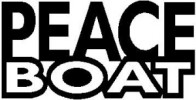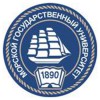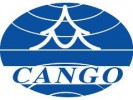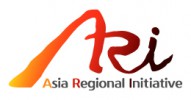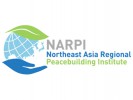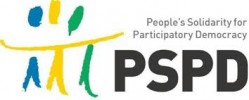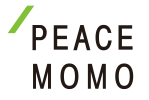Northeast Asia
Our priorities
Tensions within the Korean Peninsula and across Northeast Asia are long-running. Although the Korean War took place in 1950-53, it is still only in a state of ceasefire, and the effects are still very much felt today. Nevertheless, developments in recent years, such as the first-ever DPRK-US Summit in 2018 and subsequent inter-Korean Summits, offer the momentum for civil society organisations to support the peace process on the Korean Peninsula, and to ensure their meaningful and sustained participation in this process. Aspiring to build on this momentum, GPPAC members in Northeast Asia are implementing civil society dialogue and capacity development through the “Ulaanbaatar Process: A Civil Society Approach to Building Peace in Northeast Asia.” Learn more about the Ulaanbaatar Process.
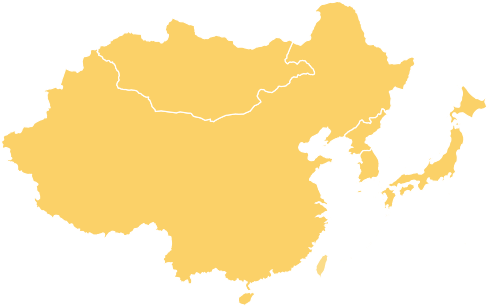
Highlights & results
- GPPAC process in Northeast Asia is a pioneering initiative aimed at forging and strengthening cross-border ties between civil society organisations. This is done through annual meetings, and improving communication channels with governments that may not traditionally be responsive to civil society initiatives.
- Establishment of the Ulaanbaatar Process (June 2015). This is a process run by civil society organisations that promotes regional dialogue (track II) and consolidates the role of civil society in the peacebuilding process on the Korean Peninsula and towards the development of a regional peace and security mechanism for Northeast Asia.
- Involvement in the launch of the Northeast Asia Regional Peacebuilding Institute (NARPI) (August 2011), an institute that promotes peace in the region by creating space for peacebuilding and building cross-cultural networks.
“What Northeast Asia needs is not more heated rhetoric, stronger weapons, and more robust missile defence systems but rather a firm commitment to open and constructive dialogue. This is where GPPAC plays a critical role."

Regional Secretariat
Regional Secretariat
Peace Boat
B1, 3-13-1 Takadanobaba, Shinjuku
Tokyo 169-0075, Japan
Regional Representative
Yoshioka Tatsuya
Regional Liaison Officer
Meri Joyce
